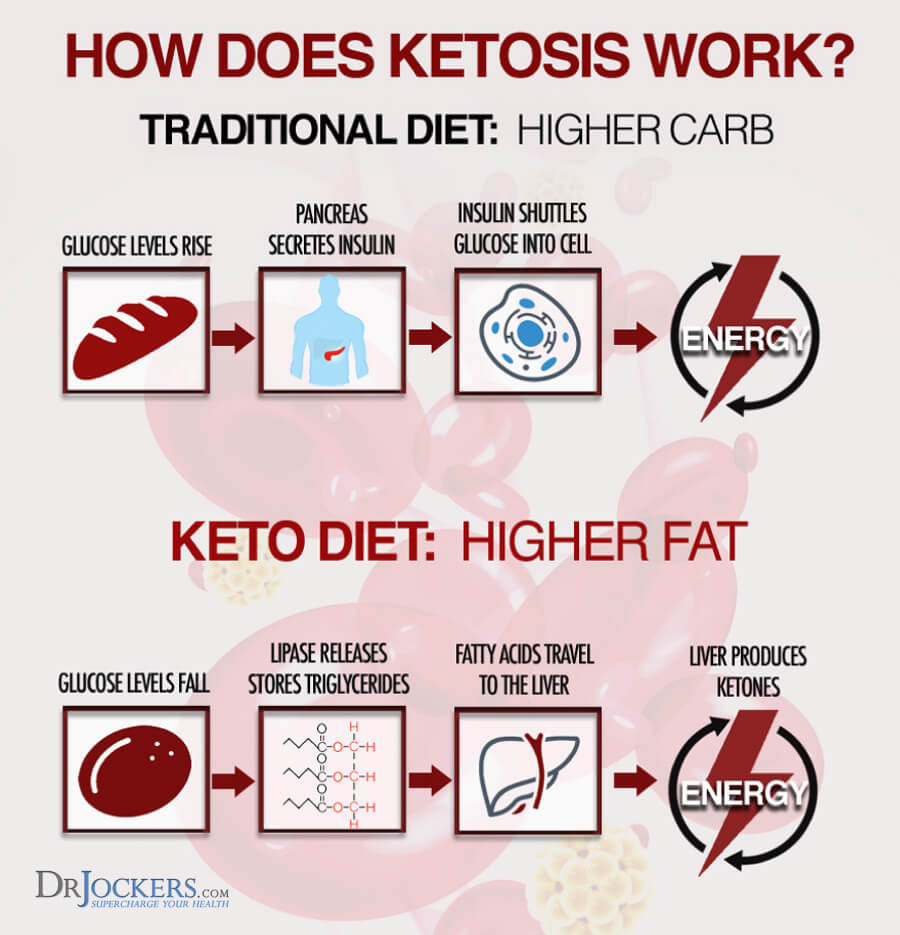
Hello, everyone. Today, I want to discuss a topic that has been gaining increasing attention in recent years – the ketogenic diet and its effects on stem cells.
The use of the ketogenic diet has been touted for different benefits, ranging from weight loss to improved mental clarity, and it seems like we can add another to the list. I recently came across a study conducted at Stanford University that found that a high-fat, low-carbohydrate ketogenic diet helps mouse muscle stem cells survive stress, thereby promoting stem cell resilience.
The study, which explored how the body responds in times of deprivation and plenty, provides clues about the effect of aging on the ability to regenerate and repair damaged tissue. Although the study focused on muscle stem cells, the researchers believe its findings are applicable to other types of tissue throughout the body.
The protective effect can be achieved by feeding mice a high-fat, low-carbohydrate ketogenic diet, which mimics how the body responds to fasting, or by giving the animals ketone bodies, the byproducts that occur when the body uses fat as an energy source. A Stanford study finds that muscle stem cells enter a deep resting state during fasting, or when fed a high-fat, ketogenic diet. This promotes stem cell resilience but slows injury repair.
The researchers found that mice that had fasted between one and two and a half days were less able than non-fasting animals to regenerate new muscle in their hind legs in response to injury. This reduced regenerative capacity persisted for up to three days after the mice began feeding again and returned to normal body weight; it returned to normal within one week of the end of the fast.
Further research showed that muscle stem cells from fasting animals were smaller and divided more slowly than those from non-fasting animals. But they were also more resilient: They survived better when grown on a lab dish under challenging conditions, including nutrient deprivation, exposure to cell-damaging chemicals, and radiation. They also survived transplantation back into animals better than those from non-fasting animals.

Generally, long-term caloric restriction extends the lifespan and promotes the overall health of laboratory animals, but it is tough for people to maintain a very low-calorie diet for months or years. Periodic fasting has been explored as another way to obtain the health benefits of caloric restriction, but the effects of intermittent fasting on the body and its ability to regenerate damaged or aging tissues have not been well studied. Fasting or alternatively eating a ketogenic diet high in fat and low in carbohydrates, a popular weight-loss technique, causes the body to enter a state called ketosis in which fat is the primary energy source.
In conclusion, the study suggests that the metabolic state of ketosis could help stem cells survive stress, and a ketogenic diet has been found to promote their resilience. Improving the resistance of stem cells with a ketogenic diet could be highly beneficial. The ketone body beta-hydroxybutyrate (BHB) is responsible for this heightened resilience to stress. BHB is also able to provide this resilience due to its function as an HDAC inhibitor within muscle stem cells.
We hope these findings will inspire more research to understand how a ketogenic diet can lead to better health outcomes, particularly concerning stem cell activity. That’s all for now; thank you for reading, and do have a healthy day!